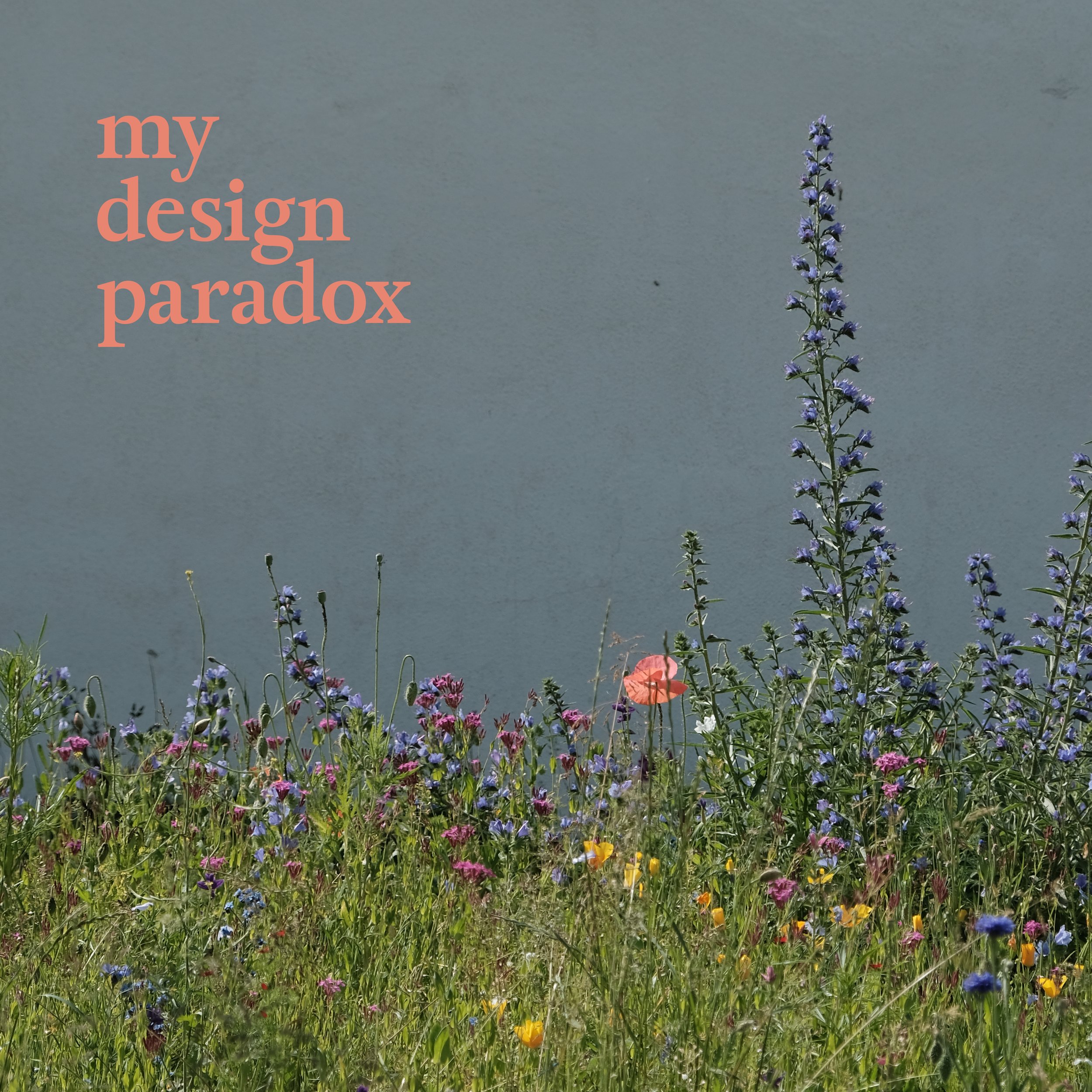My Design Paradox
I’m an Industrial Designer, if you want to classify me by formal discipline. I design physical products. Products that are 3-dimensional, manufactured, and tangible. Physical products that enrich a persons’ life; objects to covet; products to delight, and experiences that deliver innovation and progress.
Industrial Design was born as a profession during the Industrial Revolution; at a time of huge optimism and global change. A period when innovation was at the fore. The role of an Industrial Designer was to create and design products that fundamentally changed people’s lives for the better. Still today Industrial Design sits at the intersection of engineering and psychology; of anthropology and art. It’s an exciting field where we pragmatically balance a multitude of fundamentals: aesthetics, functionality, usability, manufacturability, business and industry to name a few.
I’m an Industrial Designer. I’m also a maker, a crafter, an artist and a graphic designer. I live and breathe Art and Design. It is at the core of who I am, and have been, for more than 30 years.
But for a few years now, I’ve been navigating an internal struggle with my life’s work. Battling the conflict between my own innate desire to design, to create, and to make; to enrich people’s lives - and the guilt associated with being part of a profession that essentially promotes consumption. A design field that ultimately is driving factories to produce more, people to buy more, environments to be polluted and endless waste to be discarded.
Back in design school 15 years ago, we studiously focused on circular economies. We had an entire class based on sustainability in which we learned about environmentally responsible materials and manufacturing processes; lessons we took over into all our other classes. We designed separation of components into our concepts so that individual parts could be recycled at a product’s end of life, and specified 100% natural materials at every opportunity.
But in industry, it is so much more complex. If a 100% nylon aircraft carpet only needs to be replaced once in its 10 year lifespan, compared to a 100% wool carpet that needs to be replaced every year for 10 years - which is the net best solution - when you also factor in production, shipping, installation, waste etc? No question ever has an easy answer.
Personally, I’ve always believed that quality doesn’t cost; it pays. Buy once and buy quality; handing heirlooms down through generations to be cherished; particularly in regards to furniture and objects. But lately I’ve been laden with guilt even with this philosophy. I’ve been recklessly pondering - shouldn’t we all just go full cold turkey? Shouldn’t we all just stop designing and making and buying anything - quality products included?!
Yet as a designer, a crafter, an artist, I have an innate desire and deep need to create - to make products, to create art, to build furniture. I’ve still got a lofty dream to one day launch my own furniture & product range. So how the heck do I go forward?!
I’ve spent the last couple of years trying to figure it out and the internal struggle is real! I don’t have a solution yet. And there will be no perfect solution. Slowly, I’m starting to make a little sense through the haze, and beginning to figure out a way for my life’s work to live not just side by side, but in harmony with the environment and wider ecosystem we live in. At snails pace, I’m starting to get clearer on how my passion and personal projects at KCD Studio can continue without the guilt, so that I can feel creatively empowered again.
For now, I’ll continue to design Air New Zealand’s new B787 aircraft interior and furniture. Yes I currently practice Industrial Design within the Aviation Industry. And yes, that combo often riddles me with guilt. But I find solace in the fact that the interior and furniture products we’re bringing to life will enrich thousands of customers’ flying experiences for the next 15+ years. We’re designing SkyNest - a world first. Our new interiors will continue to promote New Zealand as an amazing travel destination, which in turn will enhance the livelihoods of small businesses and operators in New Zealand, and connect families and friends from all over the globe. A skilled internal team is doing incredible, highly complex work pursuing Flight NZ0 so that Air NZ remains relevant - and responsible - for years to come.


